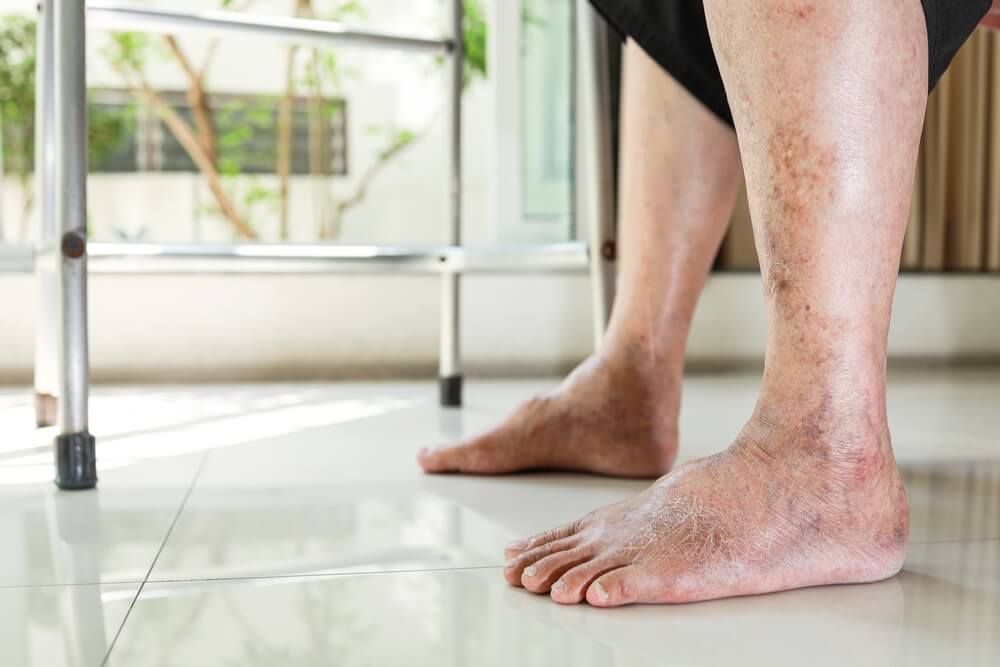Diabetes and Your Feet: Essential Tips to Keep Your Feet Healthy.
Diabetes is a chronic condition that affects millions of people around the world. While diabetes can cause a variety of health problems, one of the most serious is diabetic foot. People with diabetes are more likely to develop foot problems due to poor circulation, nerve damage, and infection. Poor circulation can cause sores and cuts to heal slowly, making them more susceptible to infections. Nerve damage can make it difficult to feel pain or discomfort, so you may not realize you have a problem until it has become severe. In some cases, diabetic foot problems can lead to amputation, so it is important to take steps to prevent them from occurring.
To reduce your chances of diabetic foot problems, here is a list of essential tips:
- Keep your feet clean: Wash your feet every day with warm water and mild soap. Dry your feet thoroughly, especially between your toes, where moisture can collect.
- Check your feet daily: Look for cuts, blisters, sores, or red spots and treat them promptly. If you can’t see the bottom of your feet, use a mirror or ask someone for help.
- Wear the right shoes: Choose shoes that fit well and are comfortable. Avoid shoes with pointed toes or high heels, as they can cause foot problems. Make sure your shoes don’t rub or irritate your feet, a common source of sores and blisters.
- Take care of your skin: Use moisturizer to keep your skin soft and avoid dry, cracking skin. Avoid hot water, as it can dry out your skin.
- Keep your blood sugar under control: High blood sugar levels can cause complications in your feet. Maintaining good control of your diabetes can help prevent problems. Dr. Collins has relationships with several diabetes specialists (endocrinologists).
- Exercise regularly: Regular exercise can improve circulation and help prevent nerve damage. Choose low-impact activities, such as walking, swimming, or cycling.
- Include a podiatrist in your team of doctors: Regular check-ups with your doctor can help catch any problems early on. Dr. Collins will check your feet for any signs of complications and recommend any necessary treatments. He recommends foot checks every 3 months.
By following these tips, you can help keep your feet healthy and prevent serious problems. If you experience any foot pain or problems, contact Dr. Collins. With proper care and attention, you can enjoy healthy feet for years to come.






